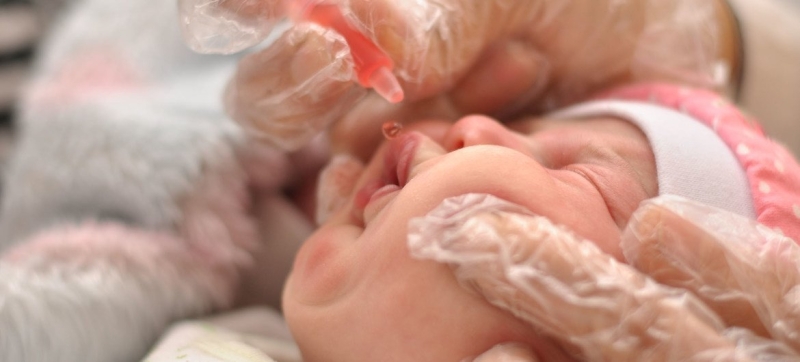
WHO emphasizes that every child who has not received a polio vaccine is at risk. Against the backdrop of the detection of poliovirus in Europe, WHO reminds of the need for vaccination Healthcare
Over the past decades, the number of polio cases has been reduced by more than 99 percent. The World Health Organization (WHO) reminds us of this on World Polio Day, which is celebrated on October 24.
Such impressive progress was achieved thanks to the creation of the Global Polio Eradication Initiative (GPEI) in 1988. The WHO European Region achieved polio-free status in 2002 and has remained so since then.
Risk of spread remains
However, as vaccination rates decline and variants of the virus are identified, experts warn that the risk of the disease’s spread remains. Since September 2024, the type 2 virus variant has been detected during routine wastewater monitoring in six countries in the region – Finland, Germany, Israel, Poland, Spain and the UK. The virus was last detected in Germany in September 2025. Thanks to high vaccination rates, there have been no cases of paralytic polio and no spread of the virus among the population.
Since February 2025, circulation of another variant of the virus, type 1, has been detected in Israel. revealed.
“These isolated cases and the outbreak in Israel remind us of the importance of timely vaccination of all children in all areas,” said Igor Pereginets, Director for Health Security and Regional Emergencies at WHO Europe. throughout the region and beyond. We must not go back to the past, when polio constantly threatened lives and overwhelmed health systems. WHO Europe supports all countries and partner organizations in our common goal of eliminating all forms of poliovirus worldwide as quickly as possible,” he stressed. a contagious disease that spreads easily over large geographic areas. Until the late 1980s, polio paralyzed 350,000 children every year. In 2025, fewer than 50 cases of paralysis were reported.
Until complete global elimination of the virus is achieved, all countries and every unvaccinated person will remain at risk, WHO emphasizes.
European The WHO Regional Office, together with partners, continues to support public health authorities in monitoring the situation, as well as strengthening immunization programs and quickly responding to cases of detection of the virus to prevent its spread.
